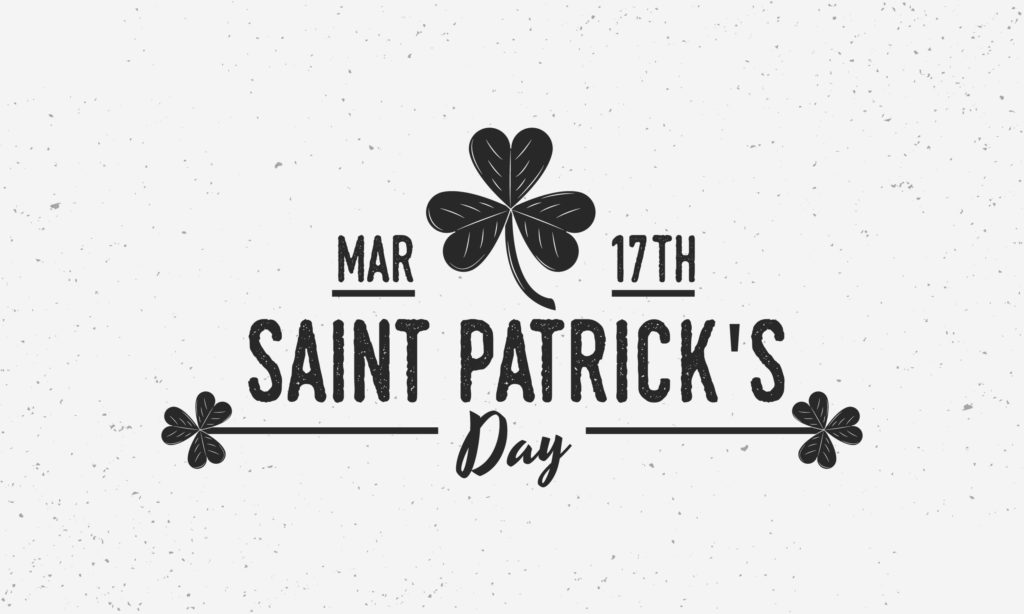The “Party” Atmosphere On St. Patty’s Day
For many people, St. Patrick’s Day represents a chance to let loose and party. Many St. Patrick’s Day events involve alcohol or even drugs. In fact, some establishments even dye their beer green to mark the occasion. However, there are plenty of ways to celebrate St. Patrick’s Day without alcohol or other controlled substances. As someone in recovery, it is likely in your best interest to avoid this “party” atmosphere as much as possible.
Alternative Ways To Celebrate St. Patrick’s Day Sober
At its core, St. Patrick’s Day is meant to be a celebration of Irish culture. The holiday was created to honor St. Patrick, one of the patron saints of Ireland who lived during the fifth century. Celebrating St. Patrick’s Day does not have to involve alcohol in any form. There are many other aspects of Irish culture to focus on including Irish music, literature, cuisine, and works of art. If you enjoy a good celebration, but you don’t want to expose yourself to a dangerous atmosphere that puts your sobriety at risk, consider hosting your own sober St. Patrick’s Day party or virtual get-together. Schedule an event that centers on the non-alcoholic aspects of Irish culture with trusted friends. Make traditional Irish dishes. Listen to Irish music. Try your hand at some traditional Irish games. You could even host a virtual quiz show and test your friends’ knowledge of Irish history and culture. If you find yourself missing the feeling of having a drink in your hand, consider making non-alcoholic St. Patrick’s Day drinks. There are plenty of St. Patrick’s Day mocktail drink recipes you can try, or you can always get creative and dye your favorite mocktail green. [inline_cta_four]
The Importance Of Fellowship On St. Patrick’s Day
After going through alcohol addiction treatment, every day is a celebration and every holiday is more special than it was before. On St. Patrick’s Day, you have another opportunity to express your thankfulness for getting a second chance at a positive, healthy life. This holiday is also an ideal opportunity for you to spend time in fellowship with the people who mean the most to you. For example, you may decide to invite family members and/or friends to a sober St. Patrick’s Day celebration online or in-person. Alternatively, you may choose to attend an alcohol-free St. Patrick’s Day event with fellow members of the addiction recovery community. Whatever you do on St. Patrick’s Day, remember to take a moment to think about the value of your life, as well as your goals for the future.
Dealing With Triggers On St. Patrick’s Day
If you spent many of your previous St. Patrick’s Days drinking or using drugs, you may find this holiday to be triggering. If you believe you may face addiction triggers on St. Patrick’s Day, be proactive to protect yourself and your sobriety. Here are some tips:
1. Avoid Situations Involving Drugs And Alcohol
On St. Patrick’s Day, reduce the risk of triggers and alcohol relapse by avoiding venues, events, and other situations that may involve alcohol or drugs. If you think you may be tempted by leaving your home, consider spending a quiet evening inside practicing self-care and unplugging from social media.
2. Have A Plan for Dealing With Triggers
If you face a trigger in spite of your preventative efforts, have a plan for dealing with it. Be ready to call a sponsor or seek support from another source if necessary. Practice the coping skills you learned in rehab or therapy.
3. Remember How Hard You Have Worked
When faced with triggers and tempting situations, remember how hard you worked to achieve your sobriety. Don’t engage in any activity that could put it at risk. Be thankful for your sobriety, and find joy in living a healthy and balanced life. St. Patrick’s Day is an exciting and unique holiday for everyone, including those in addiction recovery. Even though you may not be able to celebrate in the same way you once did in the past, you can still make memories on this special day with a memorable and sober St. Patrick’s Day.


